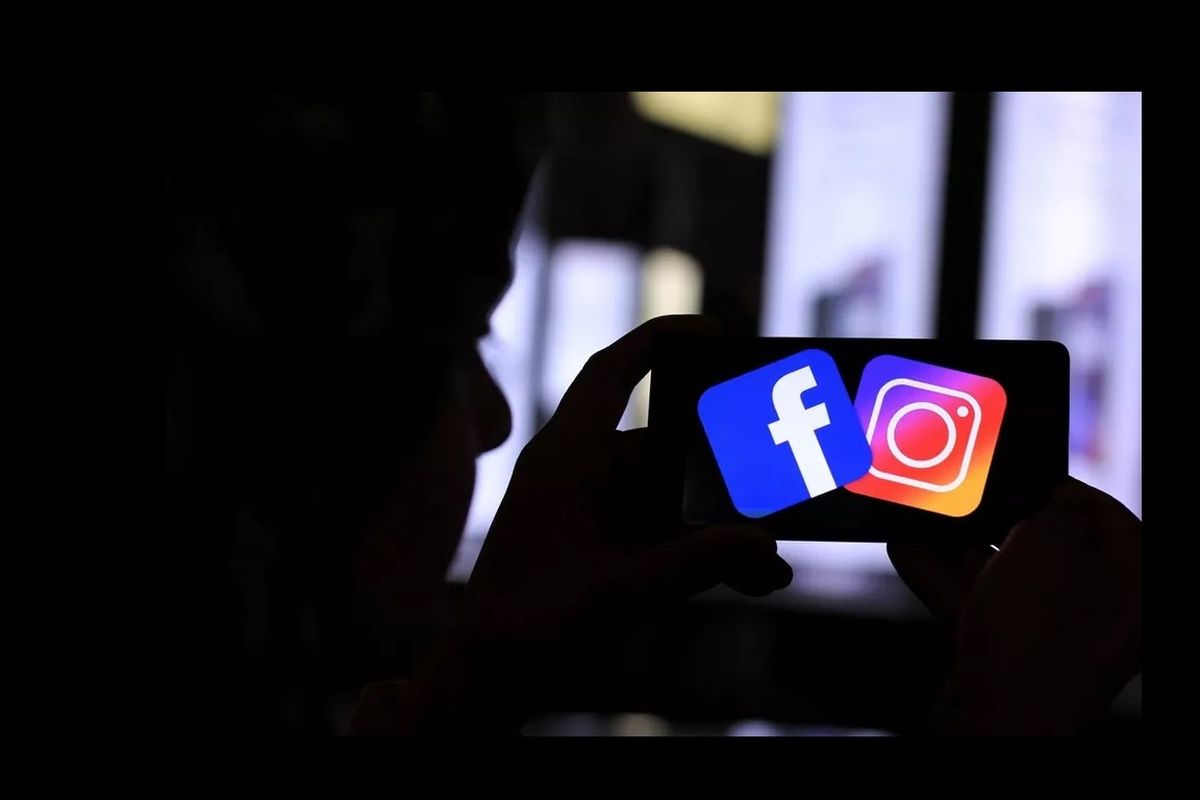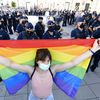Online Abuse Driving Girls Off Social Media Platforms: Study

She said Facebook was working with Plan International to better understand how it can support young women around the world.
Twitter said it also used technology to catch abusive content and has launched tools to improve users' control over their conversations.
The survey polled 14,000 girls and young women aged 15 to 25 in 22 countries including Brazil, India, Nigeria, Spain, Thailand and the United States.
Albrectsen said activists, including those campaigning for gender equality and on LGBT+ issues, were often targeted particularly viciously, and their lives and families threatened.
"Driving girls out of online spaces is hugely disempowering in an increasingly digital world, and damages their ability to be seen, heard and become leaders," she added.
In an open letter to Facebook, Instagram, TikTok and Twitter, girls from around the world called on social media companies to create more effective ways to report abuse.
Read also: Sexual, Gender Minorities Four Times as Likely to be Victims of Violent Crimes
"We use (your platforms) not just to connect with friends, but to lead and create change. But they are not safe for us. We get harassed and abused on them. Every. Single. Day," they wrote.
"As this global pandemic moves our lives online, we are more at risk than ever."
Plan International also urged social media companies to do more to hold to account those behind online abuse, and to collect data on the scale of the problem. (Writer: Emma Batha, Thomson Reuters Foundation | Editor: Helen Popper)


































